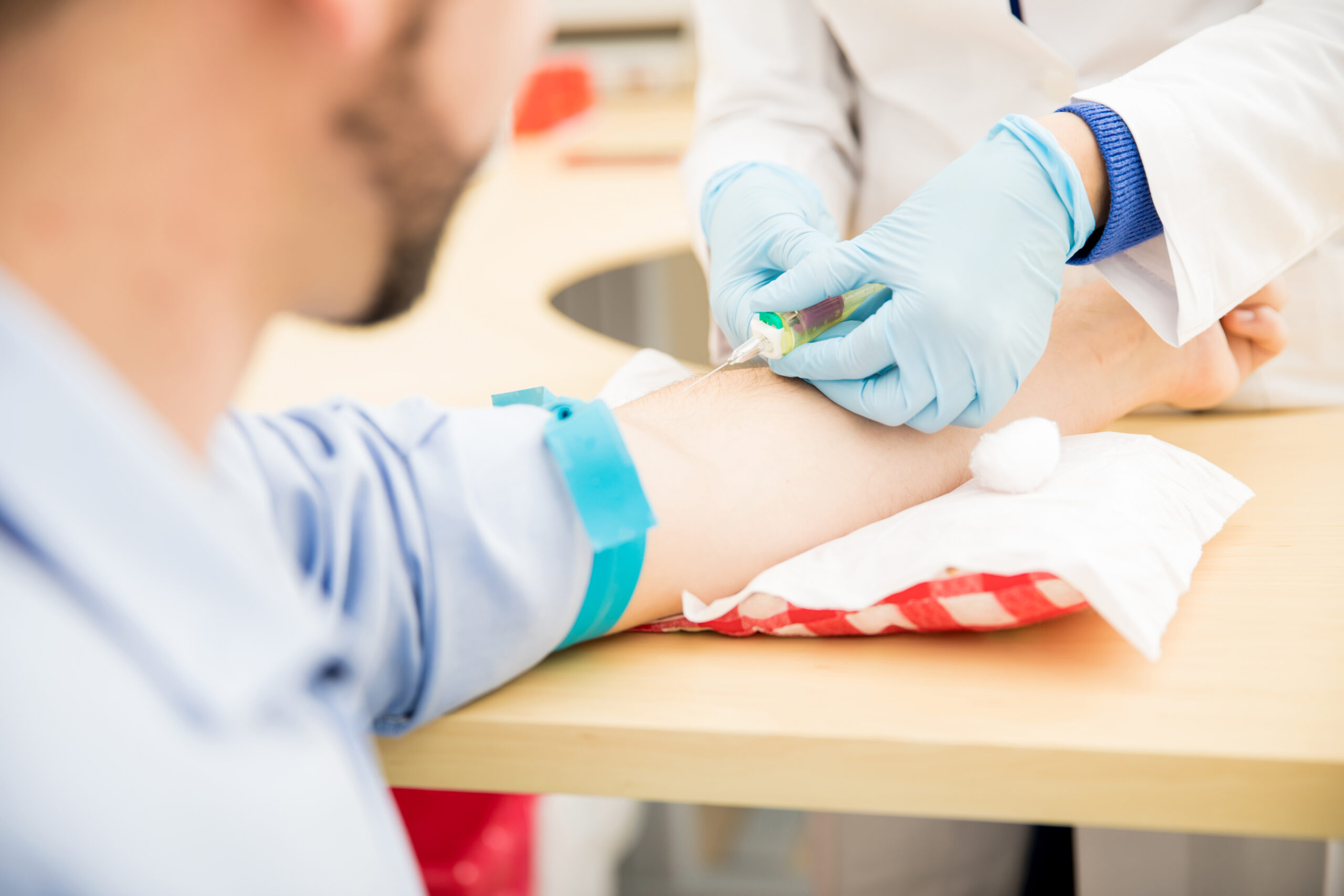Neuropathy is a result of damaged nerves or any abnormality in the function of the nerves. This condition can affect people of all ages, but older people are at a higher risk. There is no known cure for neuropathy, but there are ways to slow its progression and address the symptoms. There are three main types of neuropathy, and some have different causes and symptoms. Here is all you need to know:
Varying Types of Neuropathy
Peripheral Neuropathy
This is the most common type, and the cause of this neuropathy is an injury to the peripheral nervous system. These nerves relay information between the body and brain, including involuntary body functions. When damaged, they cannot carry clear messages to the central nervous system.
Focal Neuropathy
This is a less common neuropathy and is sometimes called mononeuropathy. This type of neuropathy affects a single nerve or nerve group. Focal neuropathy typically occurs in the wrist, thigh, or foot.
Proximal Mononeuropathy
This is the second most common type of neuropathy. The condition usually affects one side of the body, thigh, hips, and gluteal areas. While those are the common areas, it can spread to the other side.
Causes and Symptoms of Neuropathy
The number one cause of any type of neuropathy is diabetes. High blood sugar and high levels of fats in the blood from diabetes can damage the nerves leading to neuropathy. Another major cause of neuropathy is physical injuries to the affected area. Here are some of the other leading causes:
- Neurological events such as a stroke
- Vitamin deficiencies and nutritional imbalances
- Aging
- Metabolic disorders and organ damage (kidney failure, thyroid disease, etc.)
- Tumors and paraneoplastic syndrome
- Autoimmune diseases (rheumatoid arthritis, Guillain-Barre syndrome, tuberculosis)
- Smoking and alcoholism
- Vascular and blood problems
This list isn’t exhaustive, but they are the most common neuropathy causes after diabetes. The neuropathy symptoms can vary depending on the type: peripheral, focal, and proximal.
Peripheral symptoms: highly sensitive to touch, loss of reflexes, deterioration of muscles, numbness, tingling sensations, sharp stabbing pain.
Focal symptoms: weakness, discomfort, numbness, paralysis.
Proximal symptoms: pain in the hip, butt, or thigh, weakness in the legs, loss of muscle tissue, loss of joint reflexes, unwanted weight loss.
There are specific nerve function tests that can check the extent of nerve damage and determine the type of neuropathy. If you’re experiencing any of these symptoms, visit a health care provider.
Treatments for Neuropathy With Biocure
While there isn’t an official cure for neuropathy, there are treatments to stop or inhibit the progression. Treatments can provide lasting symptom relief. The best way to treat neuropathy is to address and treat the cause. A proven way to help keep the symptoms at bay is to make healthy lifestyle changes: eating a nutritious diet, staying active, correcting vitamin deficiencies, and controlling diabetes.
At Biocure, we offer various services that can ease neuropathy pain and treat the causes, from regenerative cell procedures, peptide therapy and trigger point injections to micronutrient testing in order to restore a balance of nutrients. We can help you make any healthy lifestyle changes to reduce the symptoms of neuropathy. Come in for a consultation, and we can create a tailored plan to maximize your health. Contact us today to book an appointment.
Learn more about Advanced Neuropathy Solutions and see how thousands of patients have defied the odds with Dr. Joaquin Rosado!
When: April 21, 2022 at 12:00 PM







